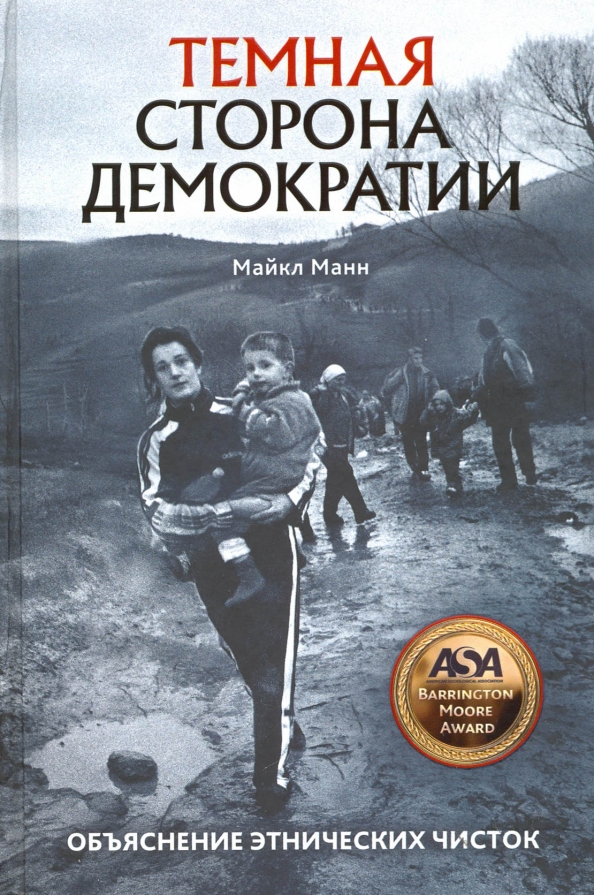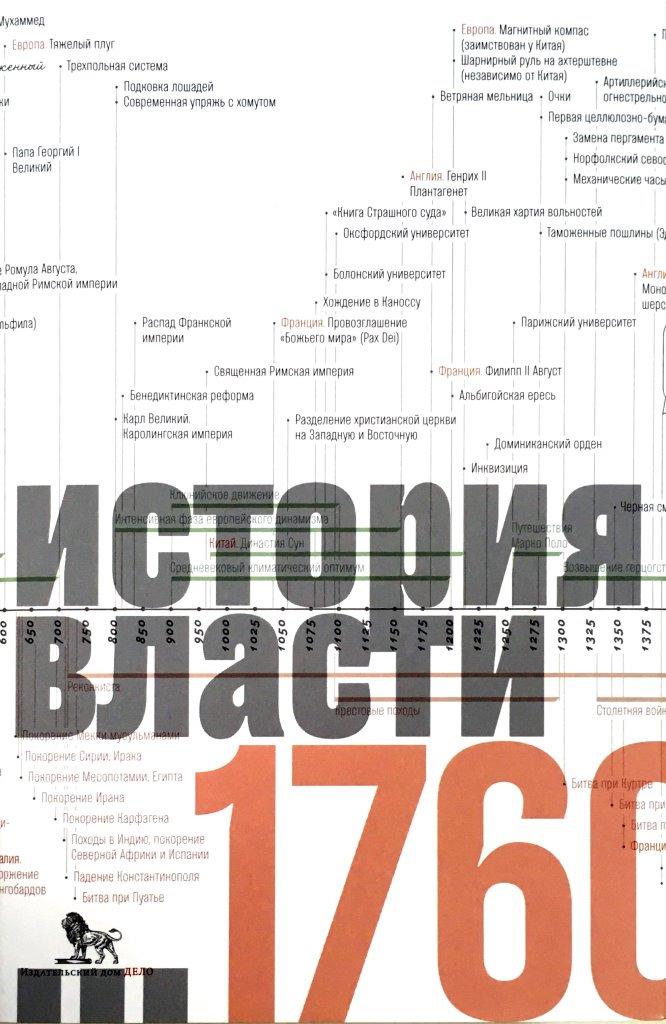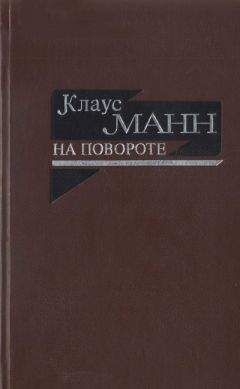Dimensions. Philadelphia: University of Pennsylvania Press.
Arad, Y. 1987. Belzec, Sobibor, Treblinka: The Operation Reinhard Deathcamps. Bloomington: University of Indiana Press.
Arad, Y. 1989. “The ‘Final Solution’ in Lithuania in the Light of German Documentation”, in Marrus (edj, The Nazi Holocaust, 4, part 2.
Arad, Y, et al. 1989. The Einsatzgruppen Reports. New York: Holocaust Library.
Arai, M. 1992. Turkish Nationalism in the Young Turk Era. Leiden: Brill.
Arendt, H. 1965. Eichmann inJerusalem: A Report on the Banality of Evil. New York: Viking Press. [Русское издание: Аренд X. Банальность зла. Эйхман в Иерусалиме / Пер. с англ. С. Кастальского, Н. Рудницкой. М.: Европа, 2008.]
Armenian Political Trials, Proceedings 1. 1985. The Case ofSoghomon Tehlirian. Los Angeles: Varantian Gomideh.
Armstrong, J. 1963. Ukrainian Nationalism. New York: Columbia University Press. [Русское издание: Армстронг Дж. Украинский национализм. Факты и исследования / Пер. с англ. П. Бехтина. М.: Центрполиграф, 2008.]
Armstrong, J. 1982. Nations Before Nationalism. Chapel Hill: University of North Carolina Press.
Ashman, C., & Wagman, R. 1988. The Nazi Hunters. New York: Pharos.
Astourian, S. 1995. The Armenian Genocide: An Interpretation. Glendale, Calif.: ARF Shant Publications.
Avakumovic, I. 1971. “Yugoslavia’s Fascist Movements”, in PF. Sugar (ed.), Native Fascism in the Successor States, 1918–1945. Santa Barbara, Calif.: ABC–Clio.
Bacchetta, P. 1999. “Militant Hindu Nationalist Women Reimagine Themselves”, journal of Women’s History, vol. 10.
Baghdjian, K. 1987. La confiscation, par le gouvernement turc, des biens arméniens… dits abandonnes. Montreal: no publisher stated.
Ball, P, et al. 2002. Killings and Refugee Flow in Kosovo, March — June 1999. Washington, D.C.: American Association for the Advancement of Science.
Banach, J. 1998. Heydrichs Elite: das Führerkorps der Sichesheitspolizei und des SD 1936-45. Paderborn: Schoningh.
Bankier, D. 1996. The Germans and the Final Solution. Oxford: Blackwell.
Barber, M. 2000. The Cathars. London: Longman.
Barkai, R. (ed.) 1994. Chretiens, musulmans et juifs dans l’Espagne medievale. Paris: Editions du Cerf.
Barkawi, T, & Laffey, M. (eds.) 2001. Democracy, Liberalism and War: Rethinking the Democratic Peace Debates. Boulder, Colo.: Lynne Rienner.
Barnett, A. 1983. “Democratic Kampuchea: A Highly Centralized Dictatorship”, in Chandler & Kiernan (eds.), Revolution and Its Aftermath.
Barton, J. 1998. “Turkish Atrocities”: Statements of American Missionaries on the Destruction of Christian Communities in Ottoman Turkey, 1915–1917. Ann Arbor, Mich.: Gomida Institute.
Bartov, O. 1985. The Eastern Front, 1941-45, German Troops and the Barbarisation of Warfare. London: Macmillan.
Bartov, O. 1991. Hitler’s Army: Soldiers, Nazis and War in the Third Reich. New York: Oxford University Press.
Bartov, O. 1996. Murder in Our Midst: The Holocaust, Industrial Killing, and Representation. New York: Oxford University Press.
Basu, A., & Kohli, A. (eds.) 1998. Community Conflicts and the State in India. Delhi: Oxford University Press.
Bauer, F. (ed.) 1968-81. Justiz und N-S Verbrechen, 22 vols. Amsterdam: University Press.
Baumann, Z. 1989. Modernity and the Holocaust. Ithaca, N.Y: Cornell University Press. [Русское издание: Бауман 3. Актуальность холокоста / Пер. с англ. С. Кастальского, М. Рудакова. М.: Европа; ИД КДУ, 2013.]
Вах, М. 1995. Medjugorje: Religion, Politics and Violence in Rural Bosnia. Amsterdam: VU Uitgeverij.
Bebler, A. 1993. “Political Pluralism and the Yugoslav Professional Military”, in Seroka & Pavlovic (eds.), The Tragedy of Yugoslavia.
Becker, E. 1998. When the War Was Over: Cambodia and the Khmer Rouge Revolution. New York: Public Affairs.
Becker, J. 1996. Hungry Ghosts: Mao’s Secret Famine. New York: Free Press.
Becking, B. 1992. The Fall of Samaria. Leiden: Brill.
Bedoukian, K. 1978. Some of Us Survived: The Story of an Armenian Boy New York: Farrar.
Bedrossyan, M. (ed.) 1983. The First Genocide of the 20th Century: The Perpetrators and their Victims. N.p.: Voskedar Publishing.
Beissinger, M. 1998. “Nationalist Violence and the State: Political Authority and Contentious Repertoires in the Former USSR”. Comparative Politics, vol. 30.
Beissinger, М. 2002. Nationalist Mobilization and the Collapse of the Soviet State.
Cambridge: Cambridge University Press.
Bell-Fialkoff, A. 1996. Ethnic Cleansing. New York: St. Martin’s.
Berenbaum, M. (ed.) A Mosaic of Victims: Non-Jews Persecuted and Murdered by the Nazis. New York: New York University Press.
Bernardini, G. 1989. “The Origins and Development of Racial Anti-Semitism in Fascist Italy”, in Marrus (ed.), The Nazi Holocaust.
Bhattacharjea, A. 1994. Kashmir: The Wounded Valley. New Delhi: UBS Publishers Distributors.
Bilinsky, Y. 1990. “Methodological Problems and Philosophical Issues in the Study of Jewish-Ukrainian Relations During the Second World War”, in Potichnyj & Aster (eds.), Ukrainian-Jewish Relations.
Birn, R. 1986. Die Höheren SS- und Polizeiführer. Dusseldorf: Droste.
Birn, R. 1991. “Austrian Higher SS and Police Leaders and Their Participation in the Holocaust in the Balkans”. Holocaust and Genocide Studies, vol. 6.
Birn, R. 1998. “Revising the Holocaust”, in Finkelstein & Birn (eds.), A Nation on Trial.
Black, P. 1984. Ernst Kaltenbrunner: Ideological Soldier of the Third Reich. Princeton, N.J.: Princeton University Press.
Blau, T. 1993. “Psychological Perspectives on the Perpetrators of the Holocaust”. Holocaust and Genocide Studies, vol. 7.
Bley, H. 1971. South- West Africa Under German Rule 1894–1914. Evanston, III.: Northwestern University Press.
Block, R. 1993. “Killers”. New York Review of Books, November 18.
Boehnert, G. 1981. “The Third Reich and the Problem of Social Revolution: German Officers and the SS”, in V. Berghahn (ed.), Germany in the Age of Total War. London: Croom Helm.
Bogosavljevic, S. 1995. “Statistical Picture of Serbia, Montenegro and Parts of the Former Yugoslavia with a Serbian Majority”, in Janjic (ed.), Serbia Between the Past and the Future.
Bond, D. 1998. “Timely Conflict Risk Assessments and the PANDA Project”, in J. Davies & T. Gurr (eds.), Preventive Measures: Building Risk Assessment and Crisis Early Warning Systems. Lanham, Md.: Rowman & Littlefield.
Botica, S., et al. 1992. Mass Killing and Genocide in Croatia 1991/92: A Book of Evidence. Zagreb: Hrvatska sveucilisna naklada.
Braeckman, P. 1994. Rwanda: Histoire d’un génocide. Paris: Fayard.
Braham, R. 1981. The Politics of Genocide: The Holocaust in Hungary, 2 vols. New York: Columbia University Press.
Braham, R. 1983. Genocide and Retribution: The Holocaust in Hungarian-Ruled Northern Transylvania. Boston: Kluwer-Nijhoff.
Braham, R. 1989a. “The Kamenets Podolsk and Delvidek Massacres: Prelude to the Holocaust in Hungary”, in Marrus (ed.), The Nazi Holocaust.
Braham, R.





